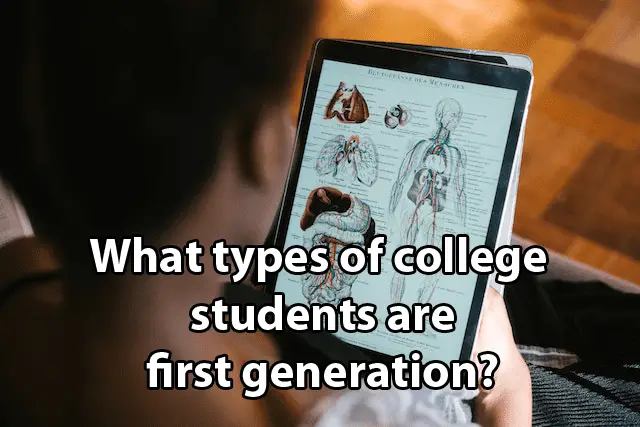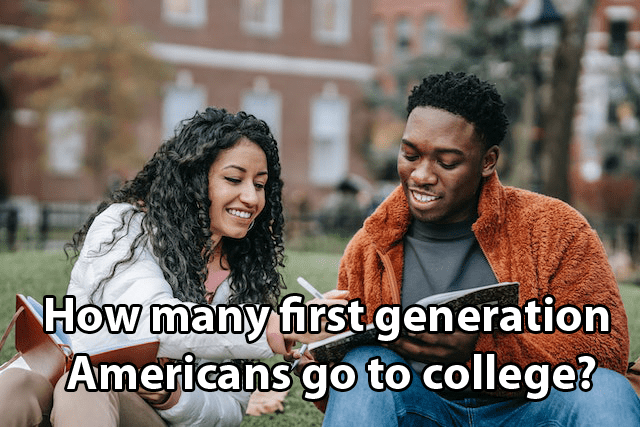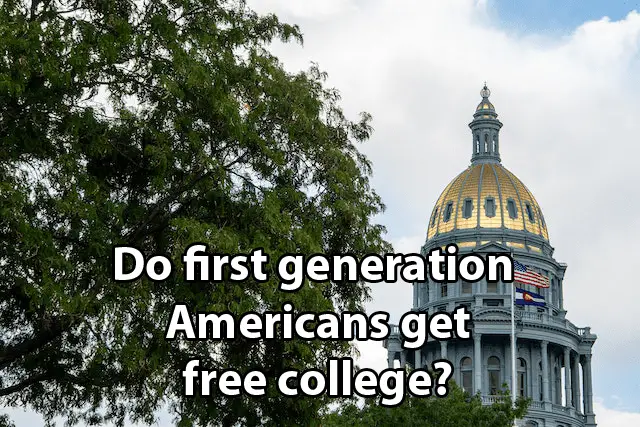
Nurturing Potential: Scholarships Enabling First-Generation Students to Soar
When it comes to higher education, the journey of first-generation students can be filled with barriers and challenges. These students, who are the first in their families to pursue a college degree, often face financial constraints that hinder their ability to achieve their full potential. However, scholarships play a vital role in empowering and enabling these students to soar academically and break the cycle of intergenerational poverty. By providing financial support and opportunities for personal growth, scholarships serve as a crucial catalyst for first-generation students on their path to success.
With the rising costs of tuition and other educational expenses, accessing higher education can seem like an insurmountable feat for many first-generation students. The financial burden often forces them to consider alternative options or even abandon their dreams of pursuing higher education altogether. Scholarships offer a glimmer of hope by alleviating this financial burden and bridging the gap between ambition and achievement.
Empowering First-Generation Students through Scholarships
Scholarships empower first-generation students by providing them with the necessary financial resources to pursue higher education without being overwhelmed by debt. These financial aids cover various expenses such as tuition fees, textbooks, housing, transportation, and living costs. By removing financial barriers, scholarships allow these students to focus on their studies and fully immerse themselves in their academic pursuits.
Beyond financial support, scholarships also provide valuable opportunities for personal growth and development. Many scholarship programs offer mentorship programs or networking events that connect first-generation students with experienced professionals in their desired fields. This exposure not only enhances their knowledge but also inspires and motivates them to strive for excellence. Furthermore, scholarships often require recipients to maintain a certain level of academic performance, encouraging students to stay focused and committed to their education.
Breaking the Cycle of Intergenerational Poverty
First-generation students often come from families with limited financial resources, making it challenging for them to break the cycle of intergenerational poverty. Scholarships serve as a beacon of hope by offering an opportunity for upward social mobility. By providing financial assistance, scholarships allow these students to access education that would have otherwise been unattainable due to financial constraints.
Moreover, scholarships enable first-generation students to acquire the necessary skills and knowledge required in today’s competitive job market. By obtaining a college degree, these students increase their chances of securing stable employment with higher earning potential. As a result, they not only improve their own socioeconomic status but also create a positive ripple effect within their families and communities by inspiring future generations to pursue higher education as well.
Overcoming Challenges: Resources for First-Generation Students
While scholarships play a pivotal role in enabling first-generation students to succeed academically, additional support resources are essential in ensuring their holistic development and overall well-being throughout their college journey. Fortunately, there are numerous organizations and programs dedicated to assisting these students:
- Mentorship programs: Many universities offer mentorship programs that pair first-generation students with experienced mentors who can provide guidance and support.
- Tutoring services: Academic support services such as tutoring or study groups help first-generation students excel in their coursework.
- Career counseling: Career centers provide resources for resume building, interview preparation, and job search strategies to enhance employability.
- Financial literacy workshops: Workshops on budgeting, managing student loans, and financial planning equip students with vital financial skills.
By utilizing these resources in conjunction with scholarships, first-generation students can thrive academically and personally, overcoming the challenges they may face along the way.
Frequently Asked Questions
- 1. Are scholarships only available for academic excellence?
- No, scholarships are available for a variety of reasons including academic achievement, extracurricular involvement, leadership potential, and financial need. Many organizations recognize that success takes various forms and offer scholarships accordingly.
- 2. Can first-generation students apply for scholarships if their parents have higher incomes?
- Absolutely! Scholarships are not solely based on income levels; they also consider other factors such as the applicant’s background and personal circumstances. First-generation students can still be eligible for scholarships even if their parents have higher incomes.
- 3. How do first-generation students find out about available scholarships?
- There are various channels through which first-generation students can learn about scholarship opportunities:
- – High school counseling offices or college advisors often share scholarship information with students
- – Online scholarship databases provide comprehensive listings of available scholarships
- – Community organizations, local businesses, and nonprofit foundations may offer scholarships specifically tailored for first-generation students
- 4. Can receiving a scholarship affect other forms of financial aid?
- In some cases, receiving a scholarship may lead to an adjustment in other forms of financial aid. However, it is essential to consult with the financial aid office of the institution to fully understand the impact and discuss any concerns or questions.
By nurturing the potential of first-generation students through scholarships and providing them with necessary support resources, we can empower these students to overcome barriers and achieve their dreams. Through education, they not only transform their own lives but contribute to a more inclusive society where talent and ambition know no bounds.

















